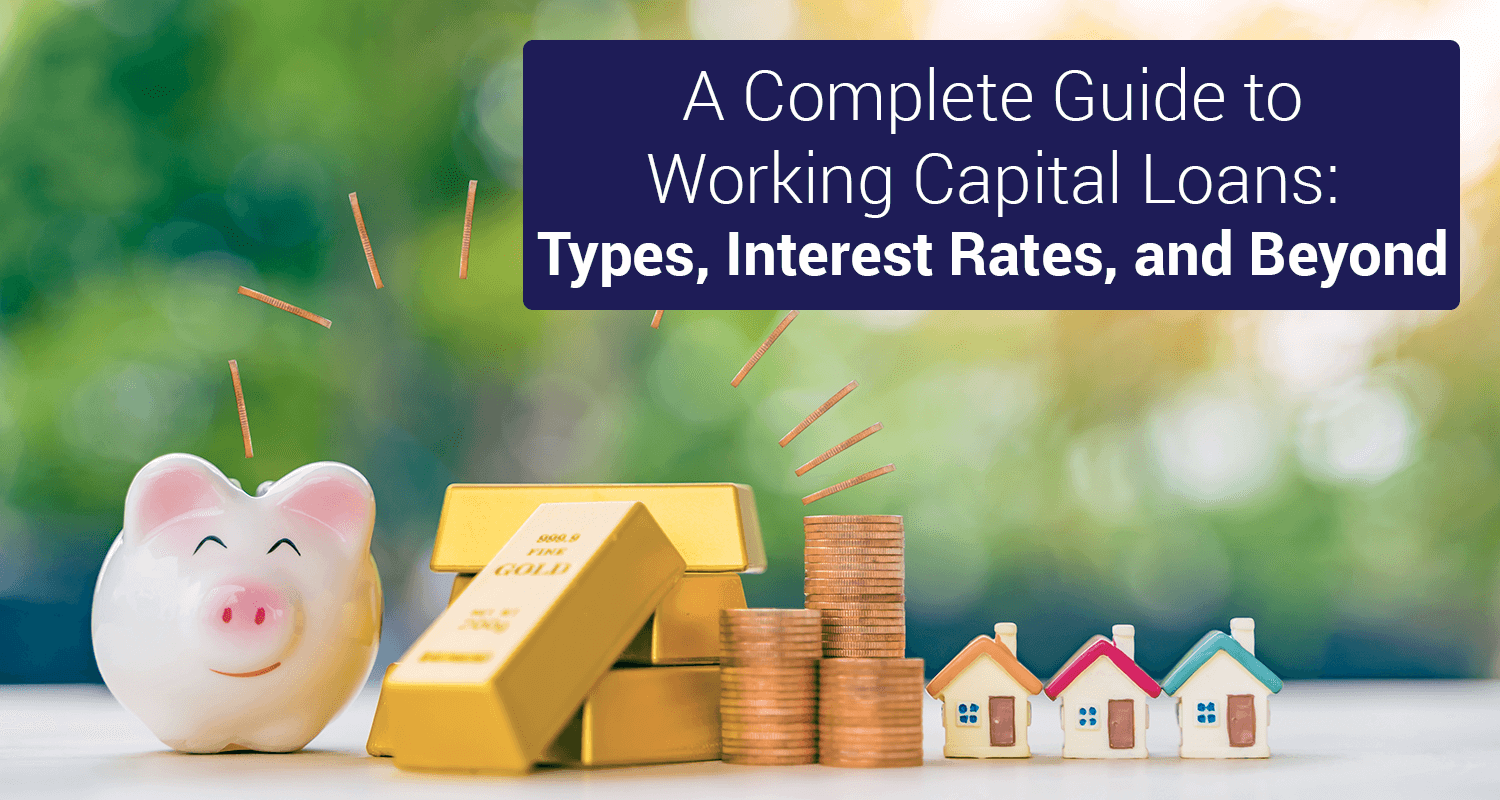Mutual fund returns not matching expectations? Expense ratio may be the culprit

As the financialisation of household savings in India gathers steam, mutual funds have emerged as one of the most sought after investment options. According to the India Wealth Report 2019, the investment of individual wealth in financial instruments like mutual funds, stocks and bonds witnessed double-digit growth in 2018-19. The Average Assets Under Management of the Indian mutual fund industry has swelled to Rs 26.14 trillion as of October 31, 2019, from Rs 11 trillion five years ago, as per data from the Association of Mutual Funds in India.
The remarkable growth in mutual fund investments is a result of consistent returns delivered by the industry over the past several years. The best mutual funds, particularly equity mutual funds, have generated over 11% annualised returns in the last five years. Market conditions play an important role in determining returns, but they are not the only factor. The annual expense ratio of a mutual fund scheme can have an equal bearing on the returns.
What is expense ratio?
The accumulated corpus that is invested through a mutual fund is managed by a professional fund manager. The fund manager, with the help of analysts and other experts, allocates and manages the corpus to mitigate risks and optimise profits for the investors. For his/her services, the fund manager charges a management fee, which forms a major portion of the annual expense ratio. Efficiently managing a mutual fund requires a high level of expertise, which comes at a cost. Besides the management cost, asset management companies levy a variety of other costs such as administrative expenses and distribution charges. The administrative expenses consist of costs related to customer support, record keeping and communication, while the distribution fee is used for advertising and promotional activities.
The annual expense ratio is calculated by dividing the total expenses of the fund by the assets under management. It provides the per-unit cost of the fund. The fund management fee, administrative fee and distribution fee are the constant components of the annual expense ratio, but some AMCs also charge an agent fee depending on the medium of sale. Direct mutual fund schemes have a lower expense ratio due to the elimination of the agent fee. When a mutual fund plan is sold through an agent, the AMC has to pay the agent a commission which has to be borne by the investors. In the case of direct mutual funds, the scheme is sold directly by the AMC, with no distributor or agent in between.
What are the SEBI guidelines on annual expense ratio?
To increase transparency in the sector, the Securities and Exchange Board of India has stipulated a limit on the expense that can be charged by the AMCs. The market regulator has created several slabs depending on the assets under management for open-ended equity mutual funds. Mutual funds with Rs 500 crore or lower in assets under management can charge 2.25%, those between Rs 500 crore and Rs 750 crore can charge 2%, for Rs 750-2000 crore, the limit is 1.75%, for Rs 2000-5000 crore it is 1.60%. For mutual funds schemes with AUM between Rs 10,000 crore and Rs 50,000 crore, the expense ratio will decrease by 0.05% for every increase of Rs 5,000 crore. Schemes with AUM greater than Rs 50,000 crore cannot charge more than 1.05%. The limit for debt funds is 25 basis points lower than that of equity mutual funds.
How does an expense ratio affect returns?
The expense ratio is deducted on a daily basis and the Net Asset Value (NAV) of the fund is reported after deducting the expense ratio. A high expense ratio will have a significant impact on the overall returns of a mutual fund scheme. For instance, if a mutual fund has delivered returns of 11% and the expense ratio is 1.5%, the final returns for the investor will only be 9.5%. The annual expense ratio gains more importance in the case of debt funds as the returns are moderate when compared to equity funds. With returns already in the 7-9% bracket, a 2% expense ratio can have a severe impact on debt fund returns.
Conclusion
The expense ratio is an important factor to consider before investing in a mutual fund plan, but a low expense ratio should not be the only factor for selection. Many equity fund managers manage the fund aggressively, which generate high returns but also have a high expense ratio. You should finalise a mutual fund scheme with your risk profile and the return expectation in mind. IIFL offers a variety of equity and debt fund options to choose from. You can also choose direct schemes provided by IIFL, which have a relatively lower expense ratio.

Disclaimer: The information contained in this post is for general information purposes only. IIFL Finance Limited (including its associates and affiliates) ("the Company") assumes no liability or responsibility for any errors or omissions in the contents of this post and under no circumstances shall the Company be liable for any damage, loss, injury or disappointment etc. suffered by any reader. All information in this post is provided "as is", with no guarantee of completeness, accuracy, timeliness or of the results etc. obtained from the use of this information, and without warranty of any kind, express or implied, including, but not limited to warranties of performance, merchantability and fitness for a particular purpose. Given the changing nature of laws, rules and regulations, there may be delays, omissions or inaccuracies in the information contained in this post. The information on this post is provided with the understanding that the Company is not herein engaged in rendering legal, accounting, tax, or other professional advice and services. As such, it should not be used as a substitute for consultation with professional accounting, tax, legal or other competent advisers. This post may contain views and opinions which are those of the authors and do not necessarily reflect the official policy or position of any other agency or organization. This post may also contain links to external websites that are not provided or maintained by or in any way affiliated with the Company and the Company does not guarantee the accuracy, relevance, timeliness, or completeness of any information on these external websites. Any/ all (Gold/ Personal/ Business) loan product specifications and information that maybe stated in this post are subject to change from time to time, readers are advised to reach out to the Company for current specifications of the said (Gold/ Personal/ Business) loan.



